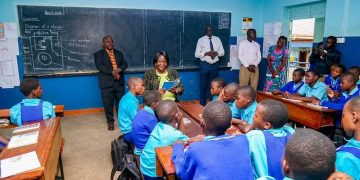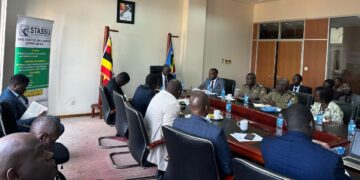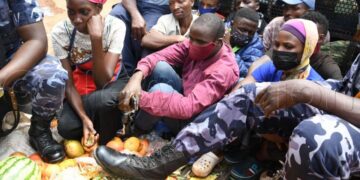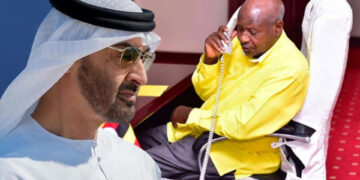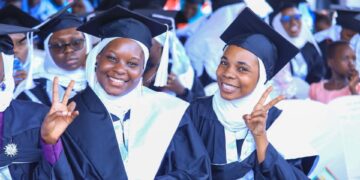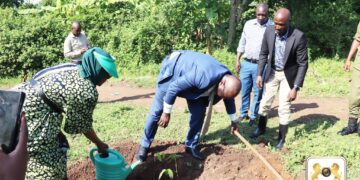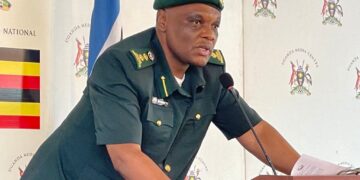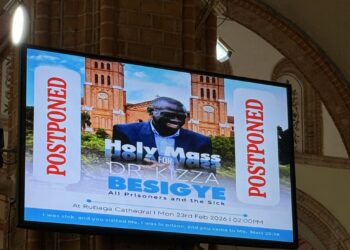By Mary Kyomuhendo and Leonard Kamugisha Akida,
KAMPALA
A significant proportion of the Ugandan population, approximately 24 percent, approximately 10 million Ugandans (females 6.3 million and males 3.7 million), lacks fundamental skills of literacy, and are unable to read and write, ministry of gender reported.
This critical literacy gap was revealed by the minister of gender, labour and social development, Hon. Betty Amongi during a media engagement at Uganda Media Centre on Thursday.

According to the minister, Uganda has a literacy rate of 76% where 24% of the population is still illiterate thus stressing for intervention especially in adult learning to target youth and adults.
“Despite significant strides, 24% of our population remains illiterate; in absolute numbers there are approximately 10 million Ugandans (females 6.3 million and males 3.7 million). There is need for targeted interventions especially in adult learning and community education targeting the youth and adults,” minister Amongi said.
The development comes few days to the celebration of the International Literacy Day due on September 8.

The minister revealed that different education Policies have been adopted in Uganda to increase Literacy which include Early Childhood Development, Primary Education, Universal Primary Education, Post primary and training programs including vocational schools, agricultural training institutes and functional adult literacy , integrated community learning for wealth creation and business training. These, she believes have contributed to high literacy rates in the country.
This years International Literacy Day, according to minister Amongi intends to reflect government commitment to progress in promoting literacy and education.
“It is an occasion to raise awareness about the pivotal role of literacy in shaping societies, to celebrate our achievements, and to confront the challenges that affect implementation of government education and literacy programmes. It is a day to galvanize action and collaboration across all sectors to further our collective goal of universal literacy,” she said.

Additionally, the minister highlighted a number of events scheduled to be engaged in by learners during the celebration like a literacy boot camp, symposium, reading and writing competitions and graduation of adult learners.
She observed that the activities are designed to highlight the successes of the different literacy programs and projects, showcase impactful stories and foster community involvement.
Data derived from the Uganda Demographic Health Survey 2022, shows that two out of every 10 Ugandans of 15 years and above still cannot read. This highlights a significant literacy gap in the country, underscoring the need for sustained efforts to improve education and literacy rates among the population.
